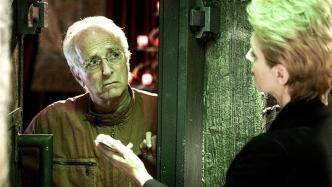
Film director Ruggero Deodato died in Rome on December 29 at the age of 83, local Italian media reported.
In the 1980s, Diodado became famous in the film industry for directing the so-called documentary horror film "The Record of Cannibalism". A branch of popular commercial films that has led the trend for many years and has influenced countless latecomers including Oliver Stone, Quentin Tarantino, and Luca Guadagnino.
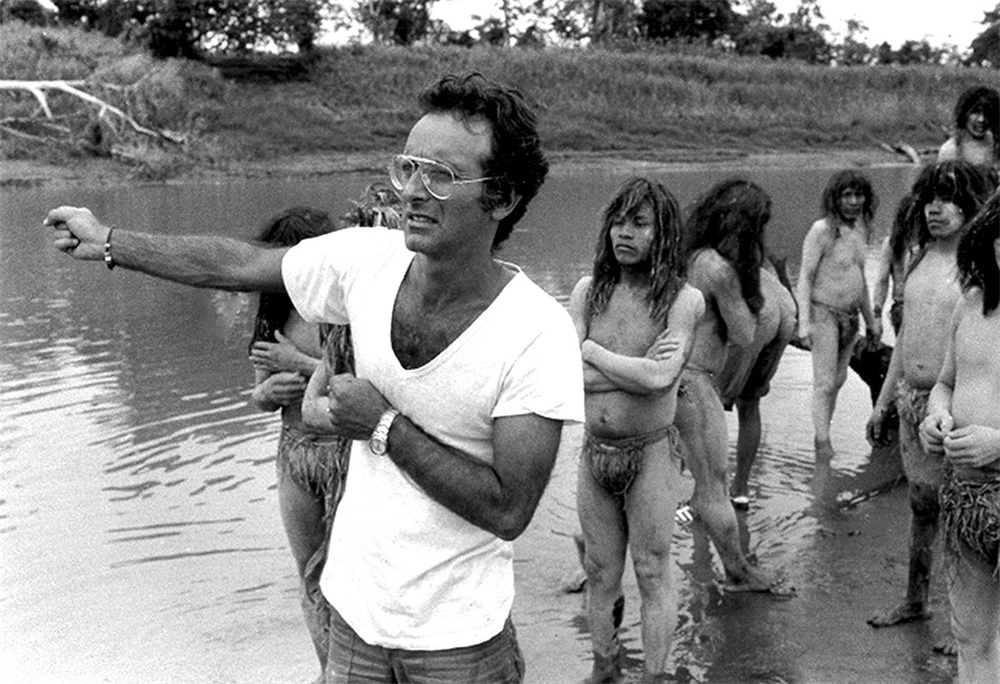
Ruggiero Diodado on the set of "Cannibalism"
Ruggiero Diodado was born in Potenza, a small town in southern Italy on May 7, 1939. He moved to Rome with his family when he was young. By chance, he became friends with the son of the great director Roberto Rossellini and also In this way, the door of the movie palace was knocked open. From the age of twenty to thirty, Diodado has been active in Rome Film City as an assistant or assistant director. In addition to Rossellini, he also worked with Sergio Corbucci and Antonio Commercial film directors such as Antonio Margheriti have accumulated a lot of film experience.
In 1968, Diodado set up his own company, wrote and directed the adventure action film "The Treasure of Tutankhamun", and thus started his career as a director. In the following ten years, Diodado dabbled in various types of commercial films, including comedies, musicals, thrillers and even erotic films, among which "Live Like a Policeman and Die Like a Man" released in 1976 was the most brilliant. The unrestrained violence in the film made American audiences who were well-informed at the time nervous.
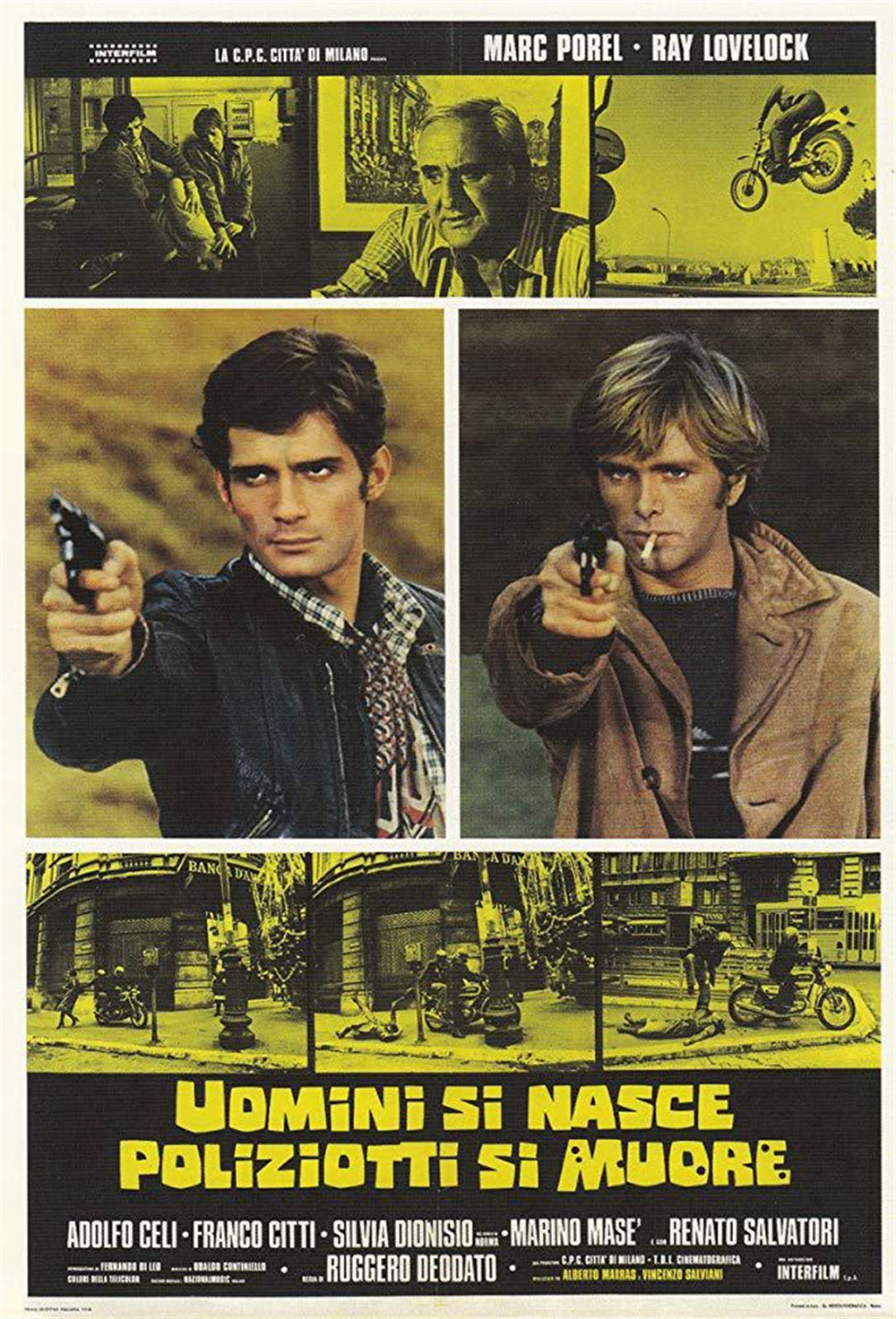
Live Like a Cop and Die like a Man poster
In the 1960s, a brand-new film trend emerged in the Italian film industry. The so-called "Mondo films" were between documentaries and pseudo-documentaries. The primitive tribes in this region focus on novelty hunting, full of strong sense of colonialism and exploitation. In 1972, director Umberto Lenzi (Umberto Lenzi) launched "The Man from the Deep River", which combined the cannibal and indigenous elements on the basis of "world cinema", which was a great commercial success and naturally brought out A large number of follow-up works formed the horror film branch of "cannibal movies".
In 1977, Ruggiero Diodado was temporarily appointed to replace Umberto Renzi, who was unwilling to stand still, and directed "The Last Cannibal World". Different from "The Man from the Deep River", which focuses on exoticism and takes the lyrical and aesthetic route, Diodado puts the film's focus on horror, excitement, and curiosity. A large number of intentionally staged "animal world" scenes (such as python Swallowing Bats) not only entertained young audiences back then, but was also included in the list of banned films by film censors in countries such as the United Kingdom and Australia.
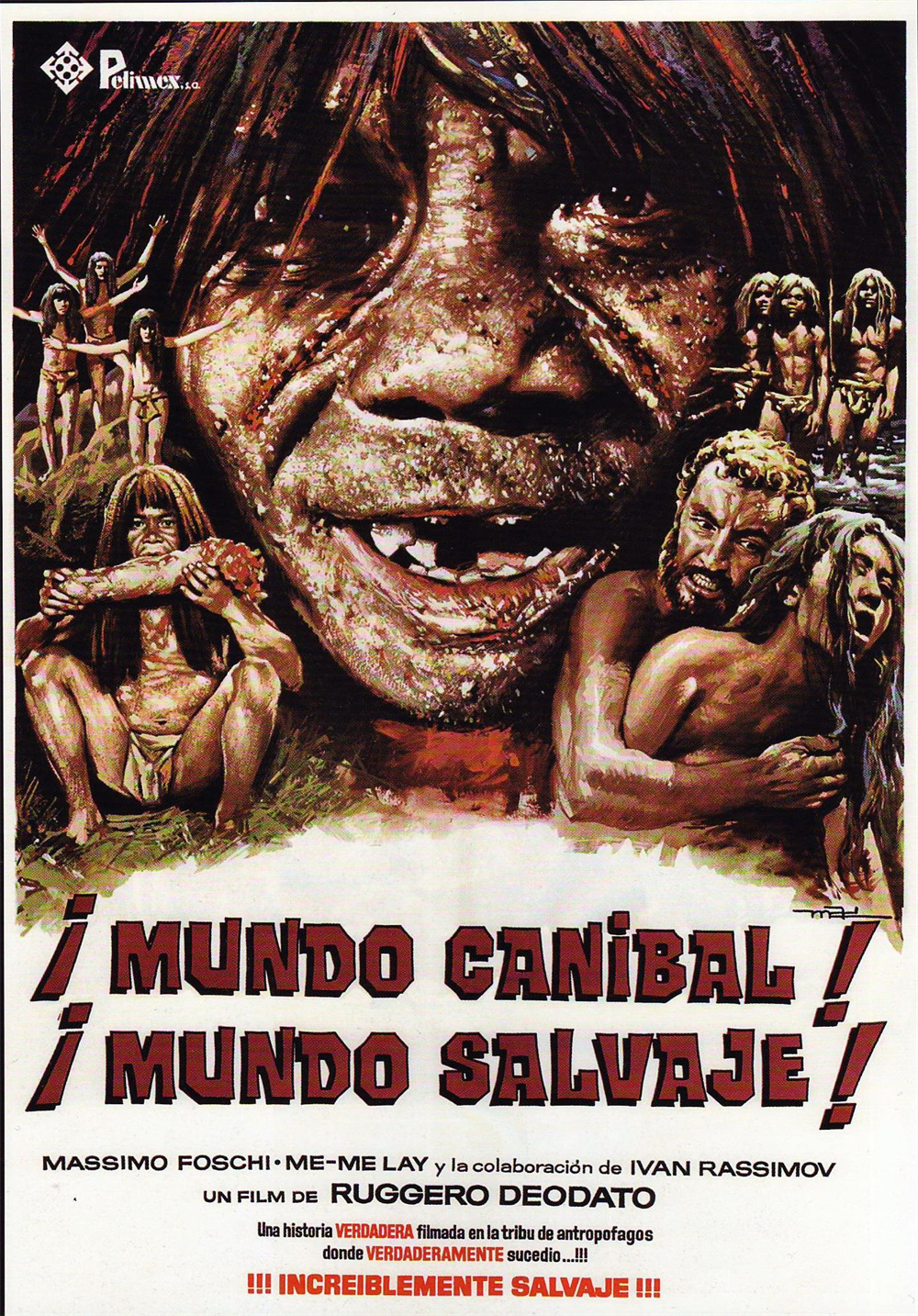
The Last Cannibal World poster
Three years later, in "Records of People Cannibalize", he pushed all kinds of taboos and challenges to the extreme. The film tells the story of several European filmmakers who went deep into the tropical rainforest of South America, hoping to record the daily life of the primitive tribe of cannibals with their cameras, but they disappeared mysteriously, leaving only the footage they took. People know how cruel they have encountered in this horrible jungle.
Obviously, the way of advancing the story of "Human Cannibal Records" using abandoned or lost and rediscovered video images to make a fuss has greatly inspired many works including "The Blair Witch" and "Cloverfield Files". The latecomers, from this point alone, "The Record of Cannibalism" has a milestone and epoch-making significance in the entire history of horror movies.
As a result, it was precisely because the film was shot so realistically that many people believed it to be true, and believed that "The Record of Cannibalism" must be a fake show. Indeed, some crew members were killed or even eaten during the filming process. As a result, the Milan court ordered the film to be removed and sealed ten days after its premiere. In fact, in order to do enough booing, before the filming started, Diodado signed a non-disclosure agreement with the four leading actors, requiring them to act as low-key as possible within one year from the release of "The Record of Cannibalism". Do not accept media interviews, do not show up in public, in order to realize the fictional plot that the four of them have all died and been eaten in the South American rainforest. However, seeing the joke getting bigger and bigger, Diodado had no choice but to contact the four of them again, and the judge who saw the hard evidence finally canceled the murder charge against him.
Although the homicide was fortunately avoided, the film was ordered by the court to prohibit its release due to the crimes of animal cruelty and indecentness. Ruggiero Diodado was also sentenced to four months of probation. In this regard, he has always argued in the name of artistic freedom, and finally won back the screening license after three years of back and forth.
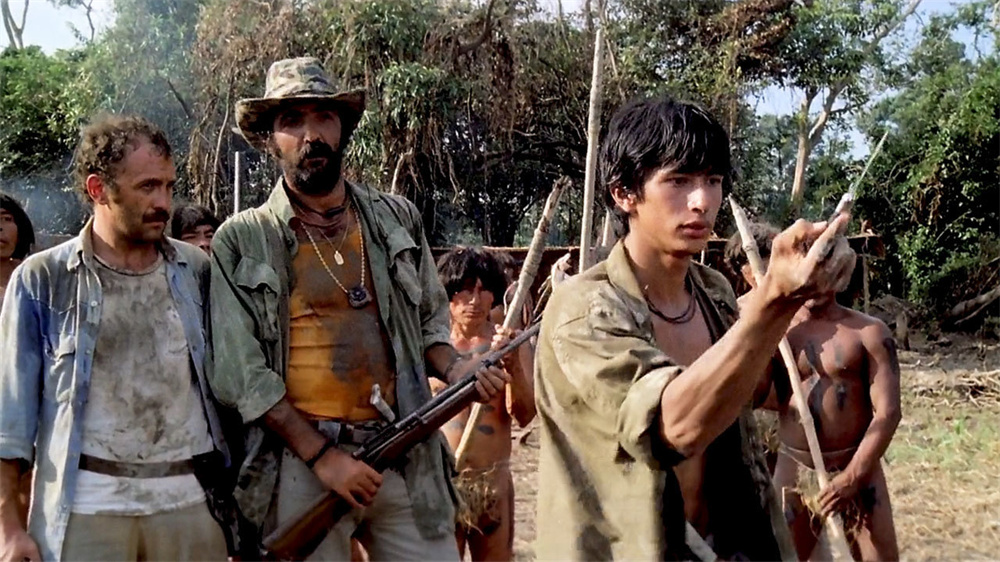
Stills of "The Record of Cannibalism"
According to incomplete statistics, "Records of Cannibalism" has been banned to varying degrees in more than 50 countries and regions around the world, setting a record in film history. Notorious movie". However, the more so, the stronger the curiosity of the general public. Time has passed, and with the lifting of the ban on screenings in various places, "The Record of Cannibalism" has entered theaters in various countries one after another, and it has also accumulated a global box office of 200 million US dollars, becoming one of the most famous horror films in film history.
According to Diodado himself, during the filming of "The Record of Man Cannibalism", six animals including raccoons, turtles, spiders, pythons, monkeys, and wild boars were actually killed in front of the camera. As it should be. However, in front of the camera, they basically died in the hands of the local aborigines for their daily consumption. Even if they were not filmed, even if the camera did not record them, this was part of the life of the aborigines in the rainforest at that time. From this perspective, the film appears These scenes of animal cruelty are not only a kind of posing, but not exactly posing. Of course, the original intention of presenting such images in commercial films was still to create excitement and satisfy the curiosity-seeking psychology of the audience at that time. Even in those days when the awareness of animal protection was not deeply rooted in the hearts of the people, it was also not worth advocating.
After "Cannibalism", the lawsuit-ridden Ruggiero Diodado never fully recovered. After that, he filmed works such as "The Murderous House Next to the Park" and "Fleeing in the Wild", but it was difficult for him to achieve such success as "The Record of Cannibalism". In 2007, American director Eli Roth wrote and directed the film "Hostel: Part II". One of the cannibalistic villains.
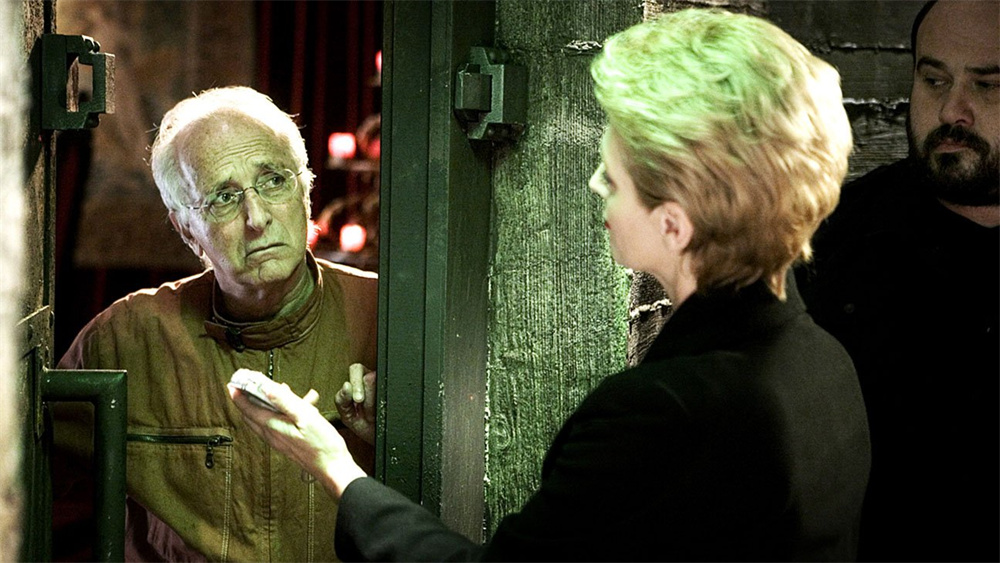
Diodado Cameos in "The Inn of Human Skin 2"


